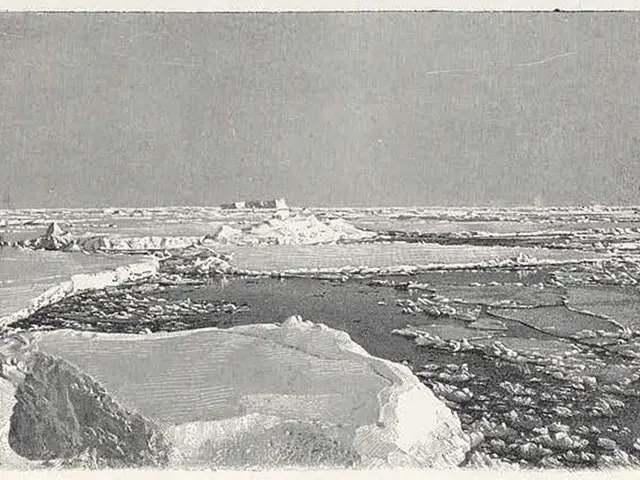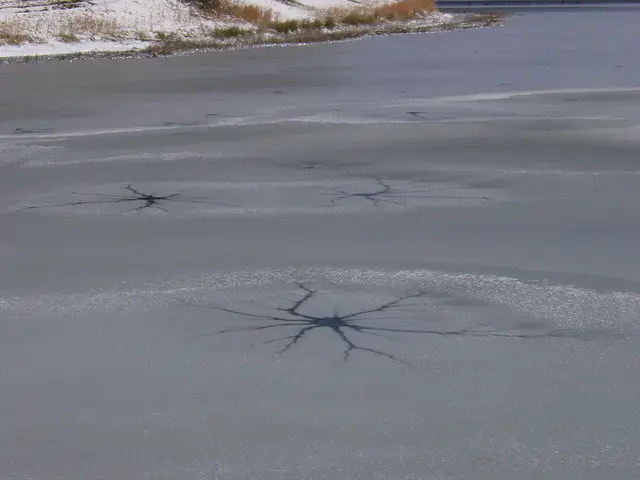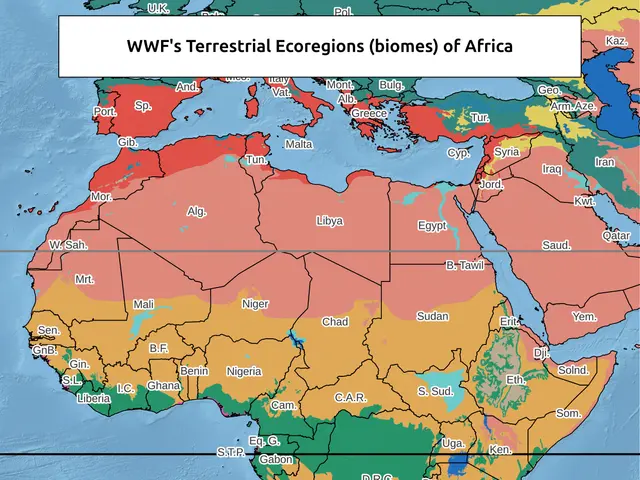Forest Fire Controlled Near Vancouver: What You Need to Know
Firefighters from Canada successfully subdue forest blazes near the city of Vancouver.
In a relief for the residents, firefighters have managed to control a forest fire that threatened communities near Vancouver. The blaze, which had devoured roughly 60 hectares in the past few days, is said to no longer pose a threat of spreading further, as announced by the British Columbia fire department on Sunday. The danger to the district of Squamish, around 60 kilometers north of Vancouver and facing partial evacuation, has thus reduced significantly.
This incident is just one of over 220 fires currently being tackled across Canada, with nearly four million hectares of land already destroyed. Nearly 90 fires remain active but under control. However, recent decreases in temperature have brought some comfort to the situation. Yet, experts warn that we might be facing a severe forest fire season due to the growing size of the scorched area, surpassing previous years' figures at this point of the season.
Marc-André Parisien, an expert from the Canadian Forest Service, also indicates that major forest fires in coastal areas like Squamish are relatively unheard of. The altered climate, leading to increased heat and drought in Canada, makes devastating forest fires more likely, say experts. Indeed, 2023 marked Canada's worst forest fire season on record, with more than 15 million hectares burned, leading to the deaths of eight firefighters, and over 230,000 people forced to evacuate.
Insight: Impact of 2023 Forest Fire Season
- Air Quality and Health: The smoke from these wildfires not only affected Canada but traveled to other parts of the world, causing air quality issues and health concerns.
- Environmental Impact: The large-scale burning of forests had a profound impact on ecosystems, biodiversity, and carbon emissions.
- Economic and Social Effects: The severe fire season likely caused economic impacts due to firefighting efforts and losses in forestry and tourism sectors, as well as social impacts on communities displaced or affected by the fires.
In conclusion, the 2023 forest fire season in Canada underscored the growing vulnerability of forests to wildfires due to climate change and human activities, underlining the importance of strengthened prevention and management strategies. Always stay informed and prepared for any updates regarding forest fires in your area.
- I'm not sure I'm ready for this, as the growing vulnerability of forests to wildfires due to climate change and human activities implies that we might face even more severe forest fire seasons in the future.
- The increased likelihood of devastating forest fires driven by altered climate, as seen in the 2023 forest fire season, is a concern that intersects with various realms, including climate-change, science, and general-news.
- As the environmental impact of wildfires, such as the one near Vancouver, is evident, it's essential for politicians to prioritize funding for environmental-science researchers and investors in climate mitigation to help combat this issue and protect our environment and communities from the justice system's aftermath, including crime and justice issues stemming from the displacement and destruction caused by fires.








